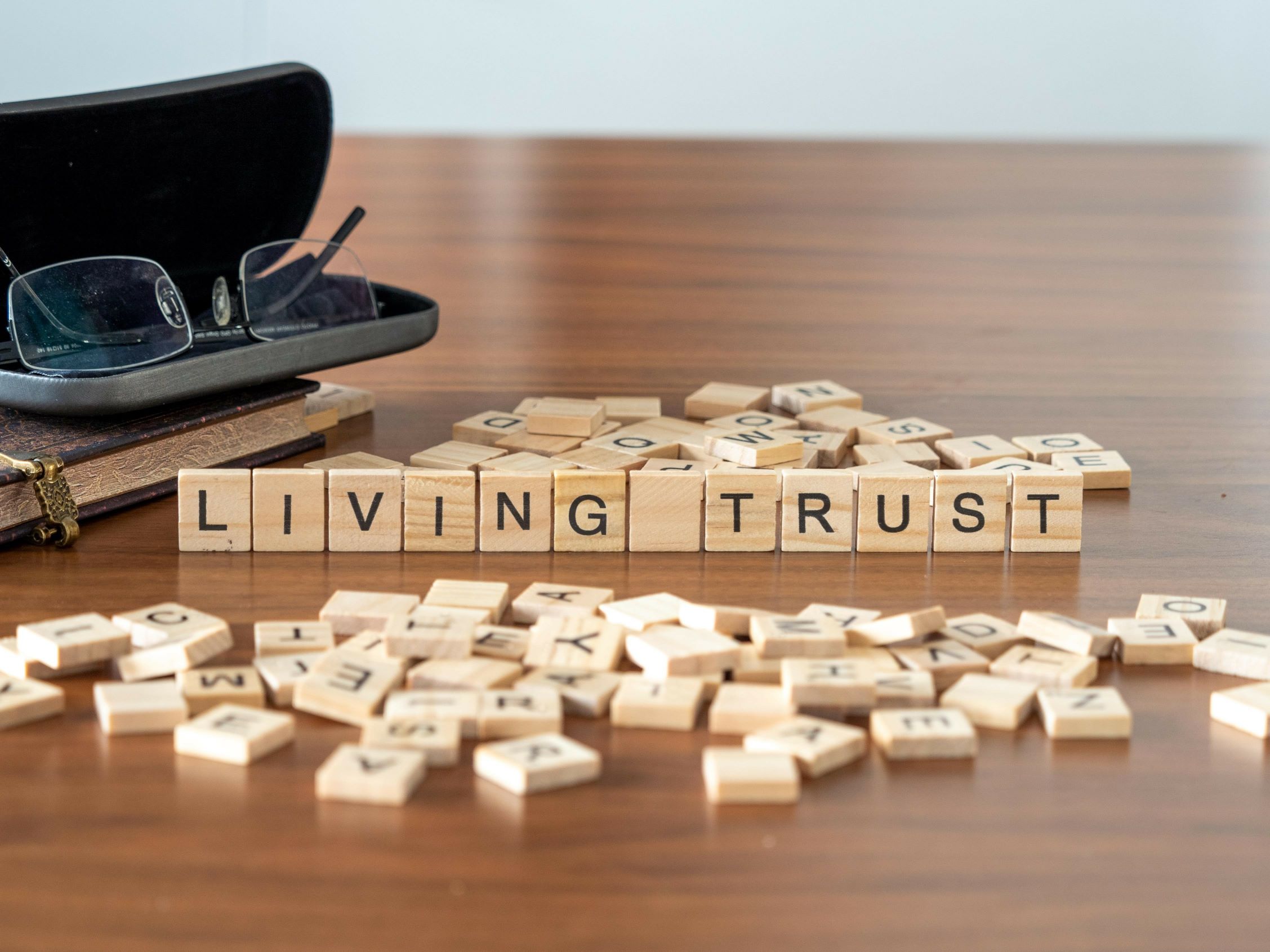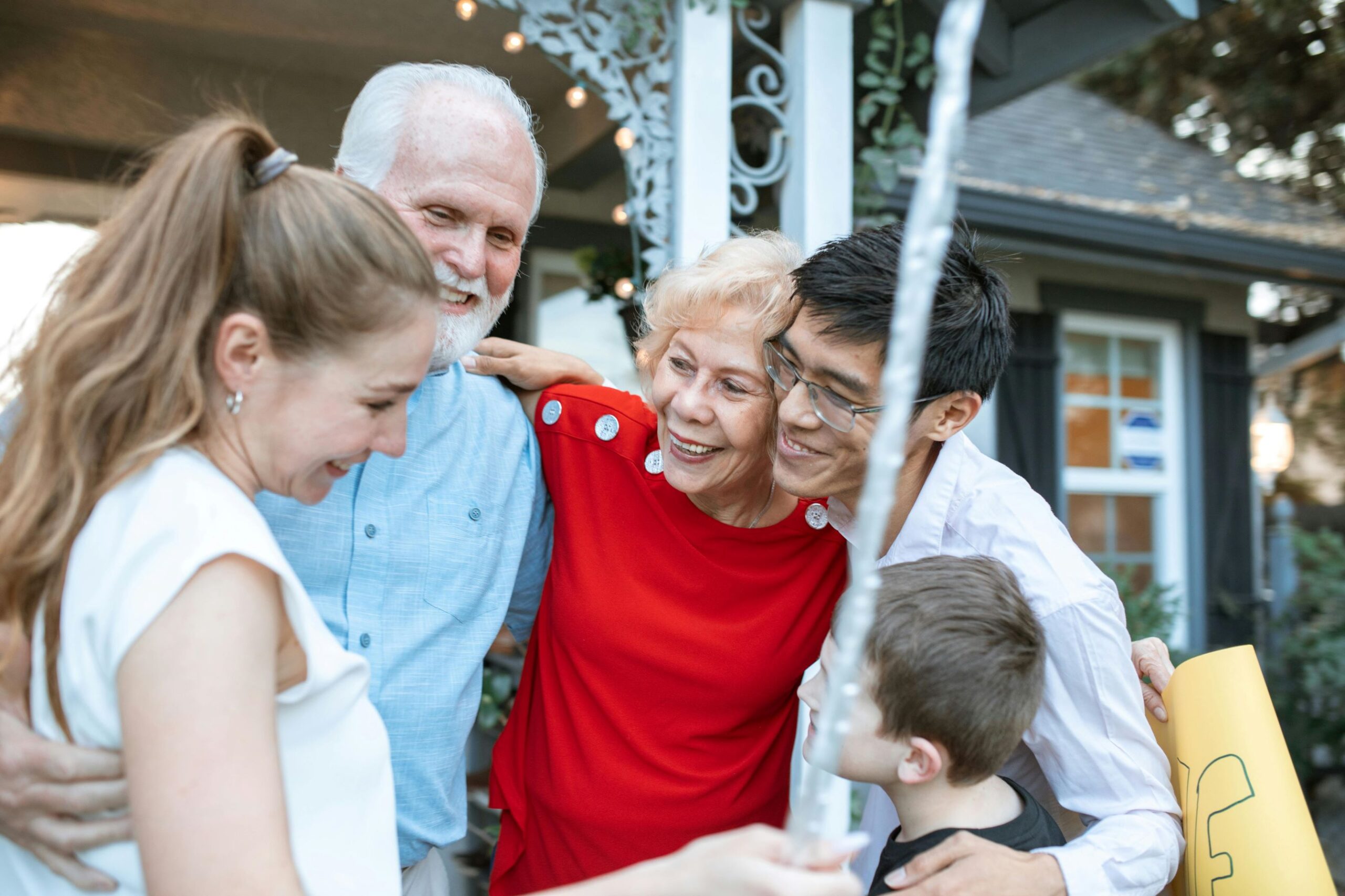Trust funding is the process of transferring the ownership of your accounts and property to your trust during your lifetime.
Violence in Domestic Relations: What to Do and Where to Go
This blog has reiterated several themes and maxims, and for this post I thought I would focus on perhaps the most important piece of advice I can give in the domestic relations context. There is absolutely no excuse for violence of any sort, and if you fear you may be in danger of physical or mental abuse, you have to get away from that situation immediately.
“It is not that bad”
Most cases of domestic violence are not the first, and victims can endure years if not decades in situations where they are harassed, abused, and even physically brutalized. There are a myriad of reasons victims stay in such situations. They likely love their abuser, the abuser may threaten the victim’s loved ones or even their animals, the victim may feel like there is nowhere to go, or that the situation is curable or not really that bad. The bottom line is that any violence, even provoked violence, is completely unacceptable. The vast majority of adults never let themselves get anywhere near the line where they would be violent towards a loved one, and no manner of provocation could make them cross that line, so when someone commits violence, they choose to do so. They are an abuser and nothing the victim did at all justifies the abuser’s behavior.
In Cincinnati we have a large number of resources for victims. Women Helping Women maintains a 24-hour domestic violence hotline, 513-381-5610, and the organization is not limited to helping adult females. They also extend their services to men and to juveniles. If you are in immediate danger, it is crucial to call the police. This is one of the only times I do not counsel calling your attorney (lawyers deal with problems, the police deal with emergencies). You can call your attorney when you are safe. Heart to Heart, the YMCA of Greater Cincinnati, and City Gospel Mission provide free domestic violence shelters, just to name a few. Once you (and your children if you have them) are safe, it is time to move to the next step.
Time to Get the Courts Involved
Once you are safe, it is important to get a civil or criminal protection order (CPO) against your abuser. The police and any of the services listed above can help you obtain this. It is sometimes advisable to speak with an attorney first in these matters if you are not sure whether a CPO is appropriate, but if that is impossible, your safety is what matters most. Once a CPO is ordered, a court date will be set in the near future to review whether or not to sustain the CPO into the future. Now is when you need to contact an attorney as soon as possible. Domestic relations attorneys know what the courts look for when deciding whether to extend a civil protection order. They can also pursue avenues like consent agreements, where the parties to a legal matter agree to stay away. It is incredibly risky to go about a CPO matter by yourself (pro se).
What Now?
If things have progressed this far, it is time to end your relationship with your abuser. If they are a girl/boyfriend, time to break up. If they are a family member, it is time to distance yourself and limit/terminate contact. If they are your spouse, it is almost certainly time to end the marriage or seek a legal separation. There is no violence in a healthy marriage. It is important that you speak with an attorney as soon as possible to talk about your options.
Conclusion
There is absolutely no excuse for violence of any sort, and if you fear you may be in danger of physical or mental abuse, you have to get away from that situation immediately. Adults are personally responsible for their actions, and no level of provocation justifies violence or abuse in 2014. If you have been abused or are afraid, get help. There are scores of people even just down the street that can help you.



